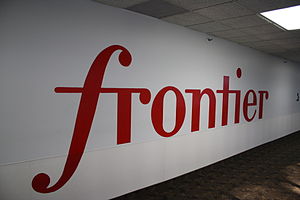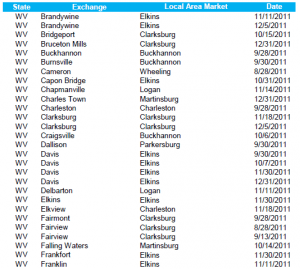Life in Leverett, Mass. could get a lot faster as the community considers entering the 21st century by bringing high speed gigabit broadband to town.
For years, residents have had three relatively slow choices for Internet access: dial-up, wireless or satellite-delivered service. Verizon and cable companies like Comcast and Time Warner Cable, which have systems in western Massachusetts, have largely ignored Leverett’s need for speed.
Now the town is considering building its own fiber-to-the-home network to reach every home in Leverett starting in 2014. The proposed $3.6 million network will also offer residents cable television and phone service — helpful upgrades in the western half of Massachusetts where Verizon has allowed their landline network to degrade to conditions declared intolerable by the state Department of Telecommunications. Last year, the state agency ordered Verizon to assess and repair its landline network in almost 100 communities in the western half of the state.
Town officials will introduce their plans for the new municipal broadband network at a public meeting April 28. The community would borrow the money to construct the network, paying it off over 20 years and outsourcing its construction and maintenance to outside companies.
The town originally planned a fiber-to-the-neighborhood network similar to AT&T U-verse, but quickly decided the benefits of a true fiber-to-the-home network were worth the extra investment.
Unlike some other community-owned networks, Leverett will raise taxes on local residents to cover the cost of the service, but Selectman Peter d’Errico says it will save most residents money if they currently pay a satellite provider for broadband service. Research shows the largest majority of Leverett residents get broadband from satellite providers.
“It will be a little more on their tax bill and a lot less on their Internet bill, so overall they will pay less,” d’Errico told the Daily Hampshire Gazette.
d’Errico added the local community is done waiting for private companies to deliver modern telecommunications services in Leverett. Those companies have repeatedly told town officials there isn’t enough profit or return on investment to justify expanding broadband in rural communities.
Leverett hopes to serve as a template to more than 40 other western Massachusetts communities who belong to WiredWest, a consortium of similarly-situated towns working together to build a regional broadband network. Leverett’s network would leverage the Massachusetts Broadband Institute’s 1,300 “middle mile” fiber backbone network that is working its way through 123 western and central Massachusetts towns.
[flv width=”480″ height=”290″]http://www.phillipdampier.com/video/WGGB Springfield Internet Connection in Leverett 4-11-12.mp4[/flv]
WGGB in Springfield previews Leverett’s efforts for better broadband. Big commercial providers ignore the community so now they want to provide service themselves. (2 minutes)


 Subscribe
Subscribe






